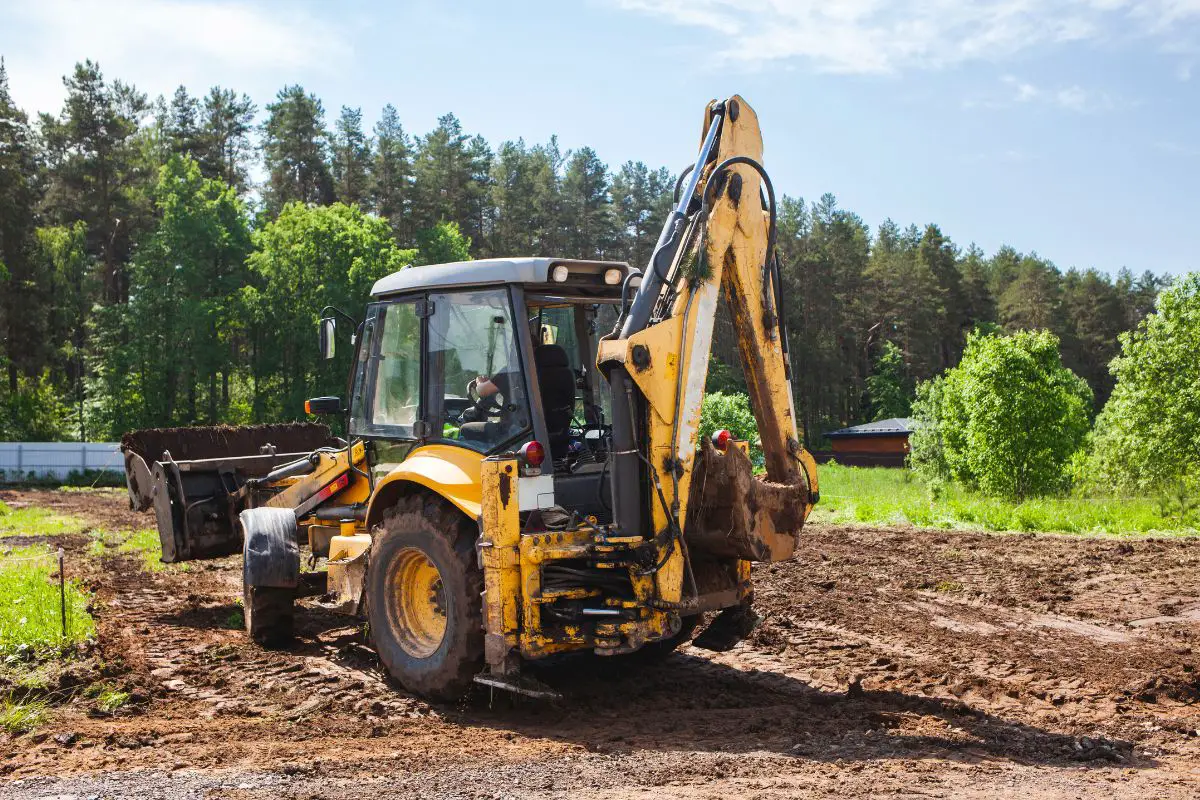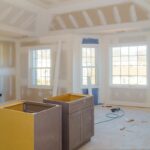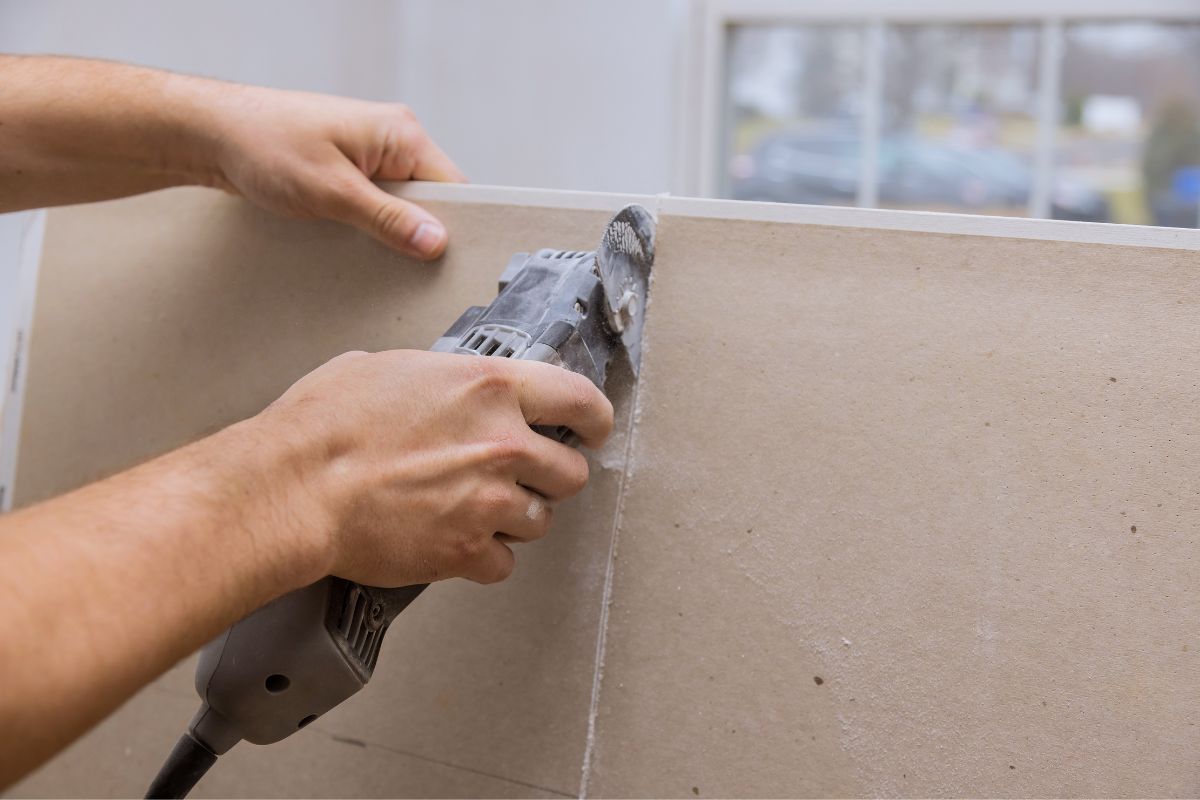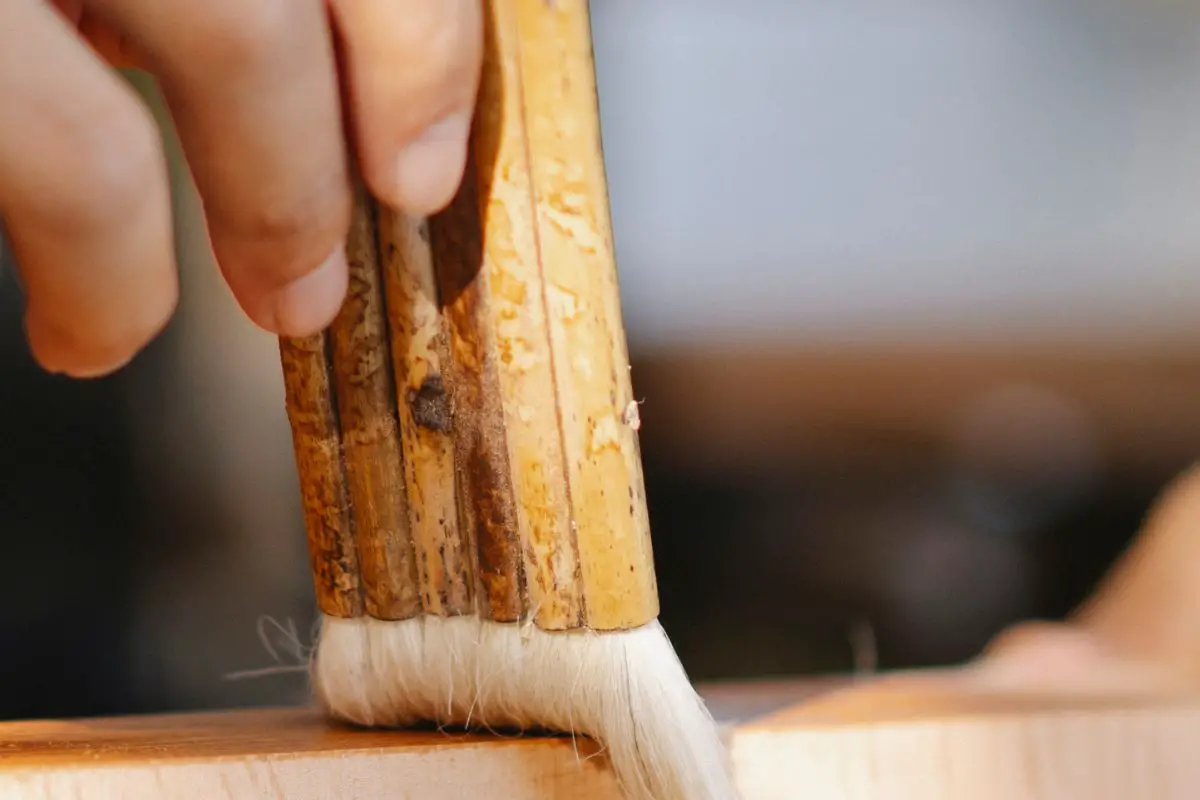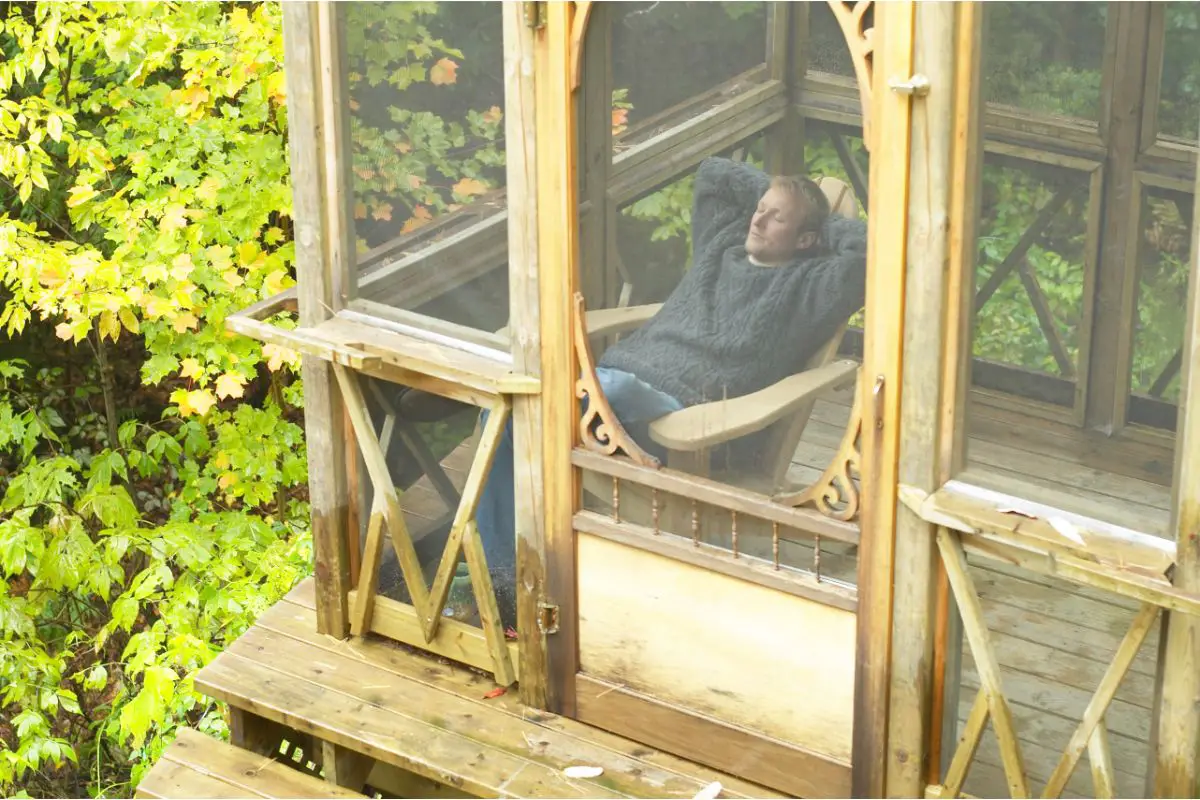If you’re wondering how much leveling a house would cost, then you’ve come to the right place!
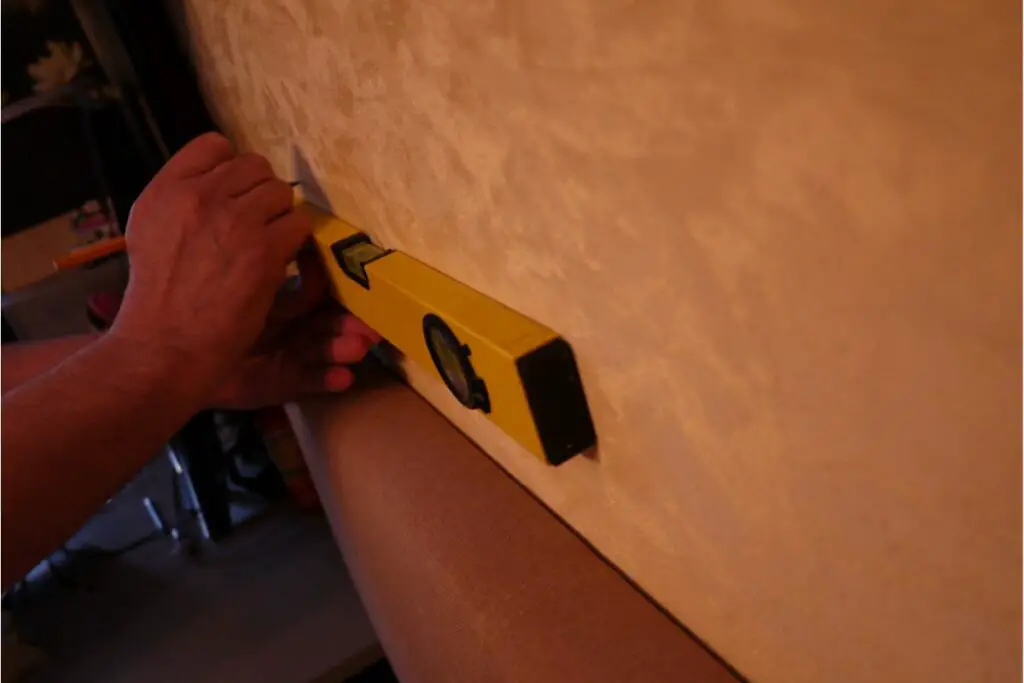
House leveling is an important type of foundation repair that can deal with all sorts of issues like drywall cracks, foundation cracks, sticking doors or windows, and more.
House leveling needn’t be complicated, and you should only do it if you’re satisfied it is the right solution for you. But how much will this all cost you? That’s what we’ll be exploring in our article today!
The Costs Of Levelling A House
Levelling a house can cost between $3,500 to $6,500 to pier and underpin a single corner. But if you’re dealing with serious damage, then it can cost between $10,000 to $20,000.
Re-levelling costs all depend on the type of foundation, what’s caused the damage, how severe the deterioration is, and how many piers you need.
You should first speak to a structural engineer so they can give you an inspection report and offer you solutions before levelling a house.
Concrete deterioration, poor drainage, seismic tremors, shifting soil, and soil shrinkage or heaving may be responsible for a foundation settling.
Extra costs may include a building permit ($75 to $150), foundation reinforcement with anchor bolts for areas that experience earthquakes ($1,500 to $4,000), hiring a geotechnical engineer for a soil composition report ($500 to $2,000), and a structural engineer for an inspection plan and report ($300 to $1,000).
How Much Does It Cost To Level A House With Underpinning?
How much it costs to level a house is based on how many piers you will need to lift your home. Piers tend to cost $2,000 each. However, in some cases only one section of your home will need to be leveled, so this will affect the cost.
Before you hire a foundation repair company that provides underpinning, you should scan their contract for a ‘depth clause.’ A depth clause means the piers provided by the company will only reach a certain level before they charge you extra for additional depths.
Basically, a depth clause could double the overall cost of your project.
Why Would You Need To Level Your House?
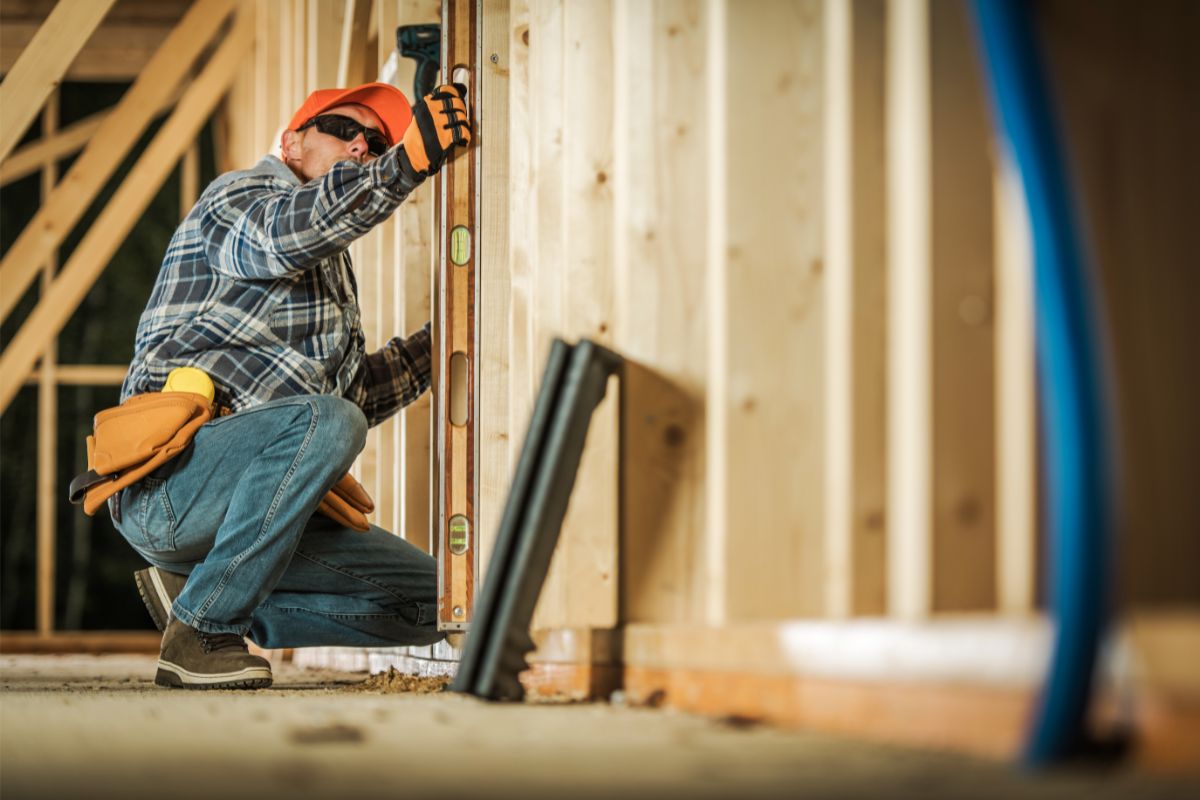
Many homes that require leveling will have poor soil under their foundation. But why does this happen? Let’s take a look at a couple of reasons.
Erosion: If your house is sloping towards your foundation, water could erode the soil below your home which will cause it to settle.
Expansive soil: This type of soil mainly contains clay, and depending on how much water it absorbs, will grow or shrink. This cycle causes the soil to move and put pressure on your foundation.
Inadequately compacted soil: Before builders pour your concrete foundation, they need to compact the dirt in order for the soil particles to be closer together and to get rid of any pockets or voids.
If this is not done properly (or at all), your foundation may settle into the soil.
Natural disasters: Drought, earthquakes, and floods can all damage your foundation.
Poor construction or renovations: Foundation issues can also be caused by poor construction or the extra weight on your foundation, like an additional floor.
Soil creep: This is when the soil at the top of a hill moves down the hill. If your home was built at the bottom of a hill or on a hillside, then soil creep may cause your foundation to move laterally.
Tree roots: Tree roots can absorb all the water in your soil, causing it to dry out and form voids. When the trees and their roots die, the remaining pockets may also cause the foundation to settle.
When Should You Level Your House?
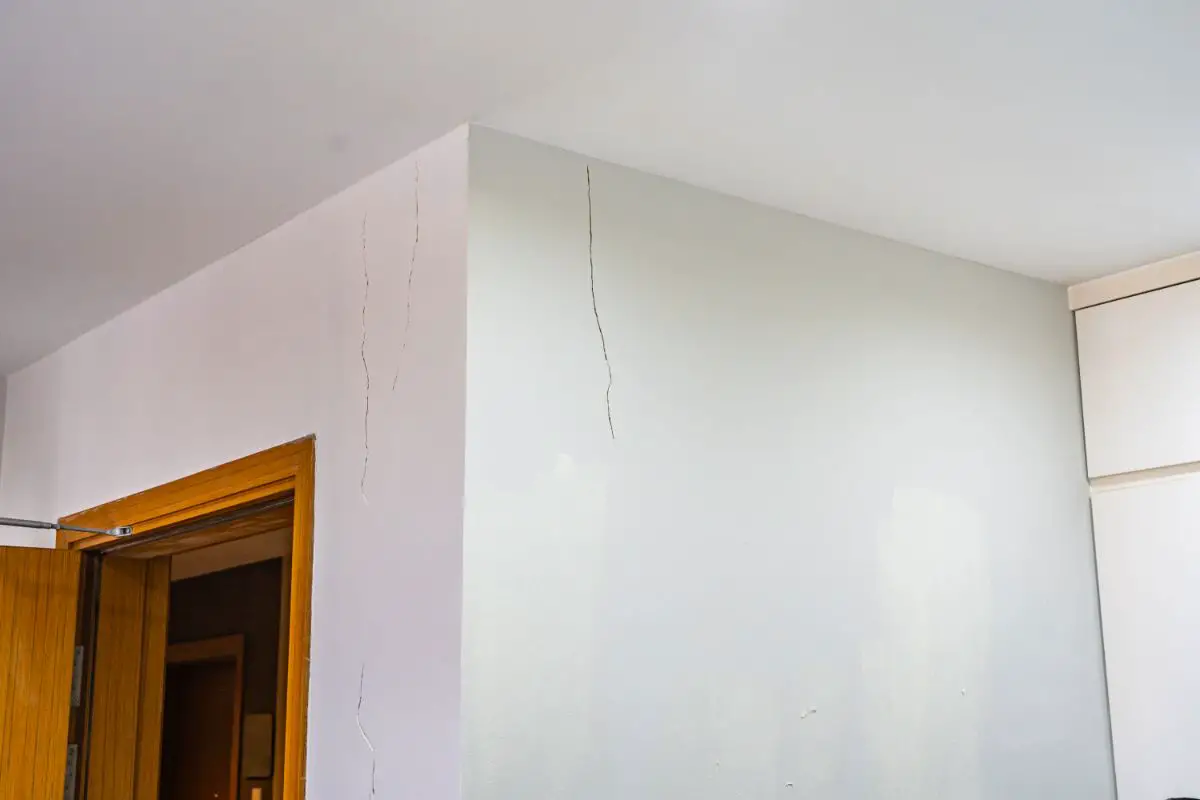
You usually need to level your home when its foundation sinks or settles into the soil beneath. Let’s take a look at a couple of signs that your house needs levelling.
Drywall cracks: If you spot drywall cracks running diagonally from the corners of your windows and doors to the ceiling then you may need to level your house.
Foundation cracks: You can put these cracks into two categories. These are structural and non-structural. Structural cracks are a clear indication that there is an issue with your foundation that needs to be resolved ASAP.
Structural cracks tend to be bigger than 1/10th of an inch. Meanwhile, non-structural cracks are smaller than 1/10th of an inch. Both types of cracks can be explained by expansive soil, hydrostatic pressure, settlement, and more.
Sections of your home separating: A settling foundation can cause ceilings, floors, and walls to separate.
Sticking windows and doors: If your property is settling, then it can put your doors and windows out of plumb and make them difficult to open or close.
Cracked or uneven floors: A settling home can cause cracks in your concrete, tile, or wooden flooring. This can cause your appliances and furniture to become unsteady and cause trip hazards. Floor cracks running down from the walls can also indicate your home requires leveling.
Your chimney or porch is separating from your home: A settling foundation may be responsible for your porch or chimney separating from your home. However, there may also be a problem with the foundation right under your porch or chimney and not an issue with the actual foundation of your home.
How Long Does It Take To Raise A House?
The entire process of raising a house tends to take 4 to 8 weeks. How long it takes to lift a home will depend on the amount of elevation, the type of foundation, the inspections, the permits, the preparations, the repairs, and even the weather.
Once preparation is done, the actual lifting of the house will take 2 days to a week.
Companies that lift houses will organize work at least 2 to 6 weeks ahead of time. Speeding through the process will lead to a costlier project for additional materials and labor.
Final Thoughts
We hope our article has given you some insight into how much it costs to level your house! While it may seem like a daunting prospect, leveling your house may be necessary and the consequences of not leveling your house can be catastrophic.
Leveling your house isn’t cheap, but if you do your research and act fast to ensure the issues in your foundations don’t worsen, it’s definitely worth the money.
- What Kind of Room Has No Doors or Windows? - December 1, 2023
- What is a Powder Room? - December 1, 2023
- What Is a Kitchenette: Exploring the Features and Benefits of a Compact Kitchen - December 1, 2023



